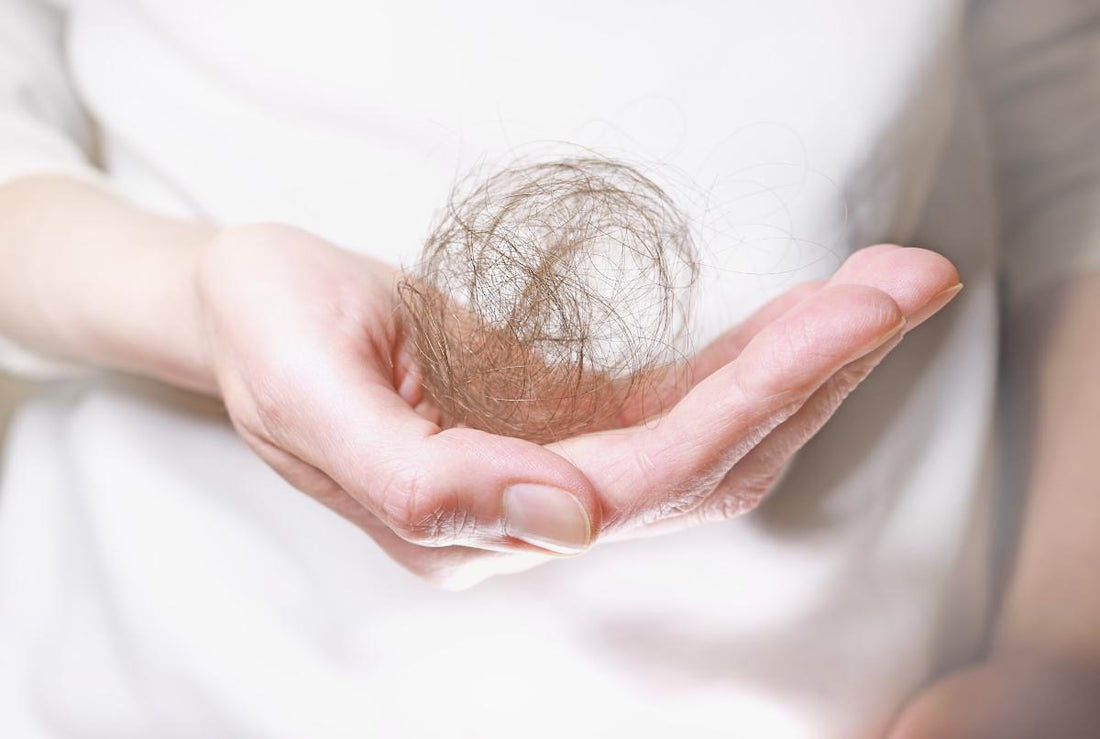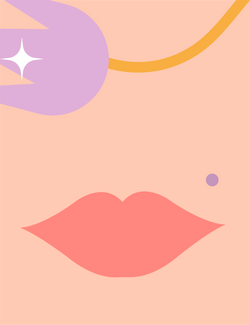Alopecia is a condition that affects people of all ages and genders. Coping with alopecia can be emotionally challenging, but awareness and understanding of this condition can go a long way in helping individuals and their loved ones navigate the physical and emotional aspects of hair loss. This guide aims to shed light on what causes alopecia, its different types and strategies for coping with the condition.
Understanding Alopecia Types
Each type of alopecia presents unique challenges, both physically and emotionally. Understanding these distinctions helps people affected by alopecia and their support networks understand the diverse nature of this condition and helps healthcare professionals in tailoring appropriate management strategies for each specific type.
Alopecia Areata
Alopecia Areata is identifiable by its sudden onset, causing hair to fall out in small, well-defined patches on the scalp or other hair-bearing areas. It's an autoimmune disorder where the body's immune system mistakenly attacks hair follicles, leading to hair loss. The patches can vary in size and number and often grow back after a period, but the condition can be unpredictable, with hair regrowth sometimes incomplete.
Androgenetic Alopecia
Androgenetic Alopecia, commonly known as male or female pattern baldness, is a genetic condition affecting both men and women. In males, it typically starts with a receding hairline and thinning at the crown, leading to baldness over time. Females may experience overall thinning of hair across the scalp. Hormonal and genetic factors play a significant role in its development.
Alopecia Totalis
Alopecia Totalis leads to complete hair loss on the scalp, resulting in a bald appearance. This condition extends beyond patches and encompasses total baldness on the entire scalp. It's a more severe form of alopecia areata and may or may not be reversible. The exact cause remains unknown, although it's believed to be an autoimmune disorder.
Alopecia Universalis
Alopecia Universalis is an extensive form of alopecia areata, resulting in the complete loss of all body hair, including scalp hair, eyebrows, eyelashes, and even hair in the nose and genital area. This condition is rare and can significantly impact an individual's physical appearance and self-image. Similar to other types of alopecia areata, it is an autoimmune disorder that causes the immune system to attack hair follicles throughout the body.
Emotional Impact and Support Systems
Alopecia's impact extends beyond physical changes, often influencing emotional well-being:
Emotional Toll
It deeply affects self-esteem and body image, triggering feelings of vulnerability and self-consciousness.
Support Groups
Connecting with others, either online or in-person, fosters a sense of community. Sharing experiences provides not only emotional relief but also practical advice in navigating the challenges of alopecia.
Coping Strategies and Available Treatments
While there's no universal cure for alopecia hair loss, various coping mechanisms and treatments exist:
Topical Treatments
Some find solace in topical treatments like corticosteroids, minoxidil, or diphencyprone, under professional guidance.
Psychotherapy and Counselling
Seeking assistance from therapists or counsellors aids in managing the emotional toll associated with hair loss.
Embracing Acceptance and Diverse Approaches
Coping with alopecia necessitates embracing diversity in approaches and understanding:
Short-Term Solutions
Temporary measures like fun wigs, microblading for eyebrows, or false lashes can offer confidence boosts and varied styles while managing hair loss.
Path to Acceptance
Encouraging empathy and understanding helps individuals with alopecia feel accepted beyond their appearance.
Coping with alopecia involves a combination of emotional resilience, support from loved ones, and the utilisation of available treatments and resources. Empathy and understanding play an important role in helping those with alopecia feel accepted and valued. While there is no one-size-fits-all approach to managing alopecia hair loss conditions, the journey can be made easier through awareness, support and self-acceptance. People living with alopecia are more than their hair and they deserve respect, understanding, and the opportunity to live life to the fullest, regardless of their appearance.
Here at Venusde, we focus on supporting hair health and resilience, aiming to provide individuals with tools to promote stronger, healthier hair. However, it is important to approach alopecia with a holistic perspective, acknowledging that managing this condition involves a blend of emotional support, diverse coping strategies, and professional guidance. Ultimately, Venusde strives to assist individuals in their quest for healthier hair while emphasising the broader understanding that alopecia is a multifaceted condition that requires comprehensive management.

